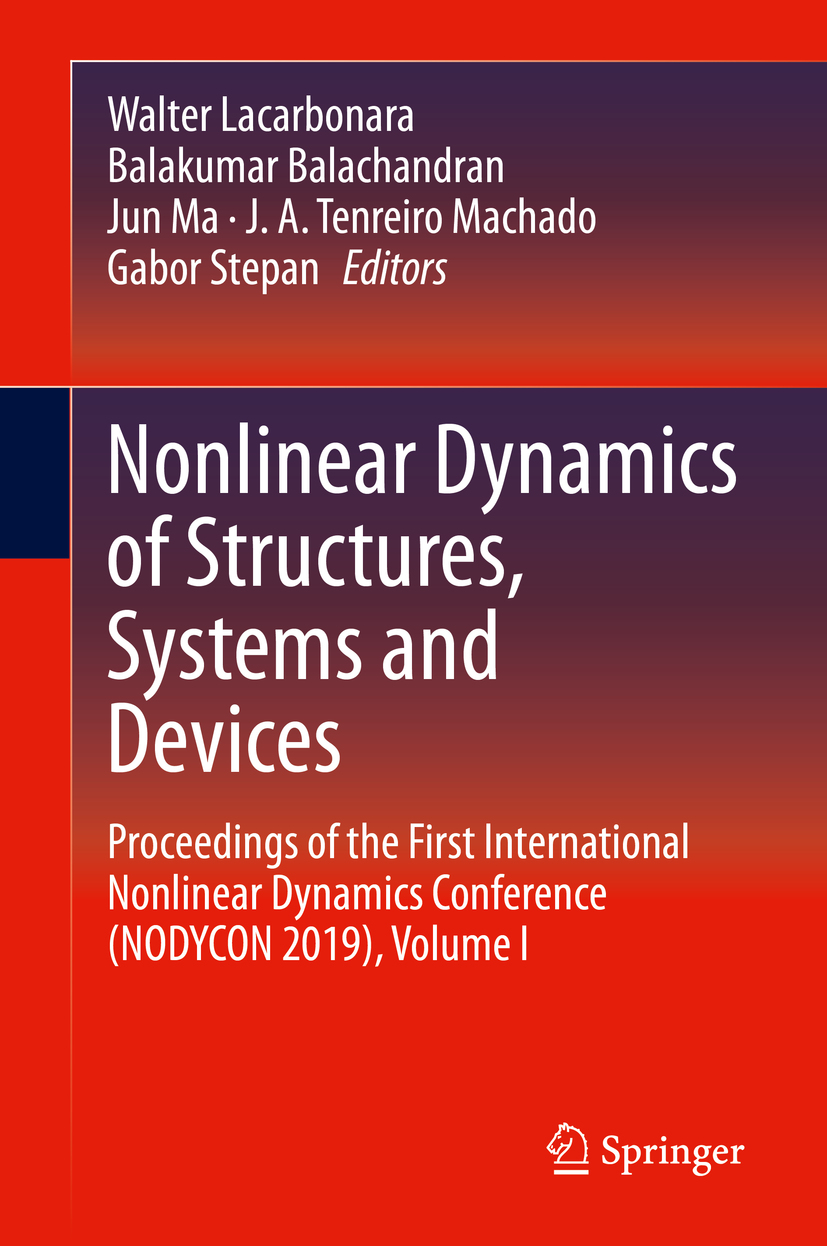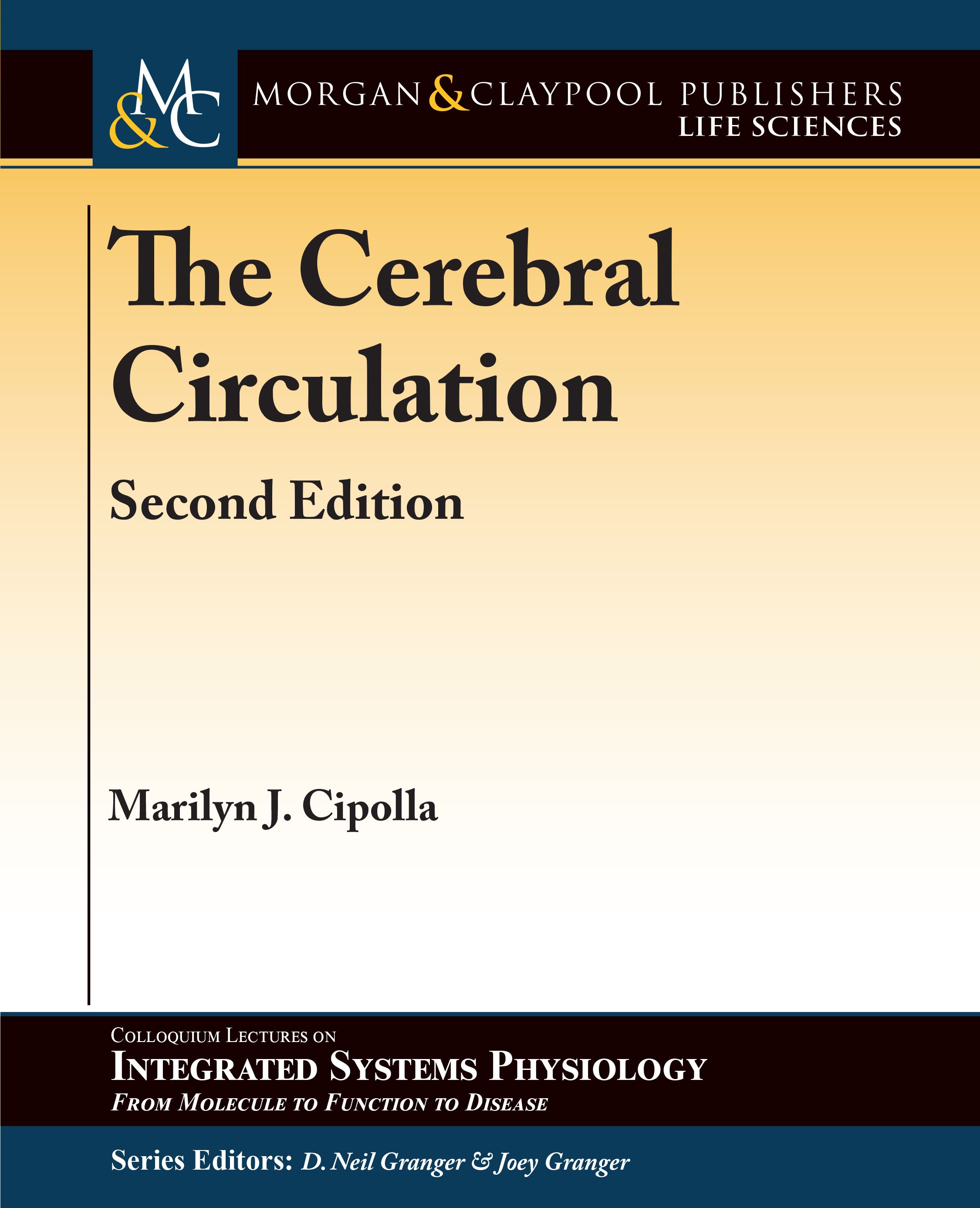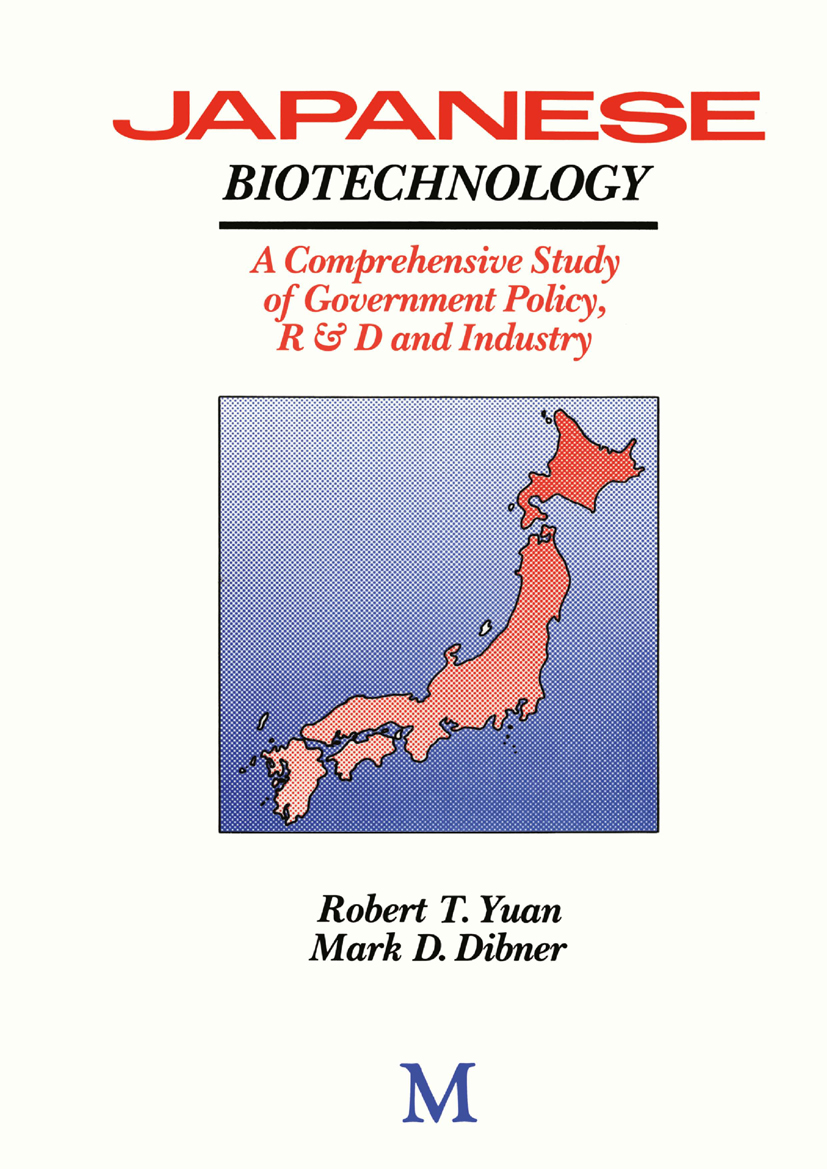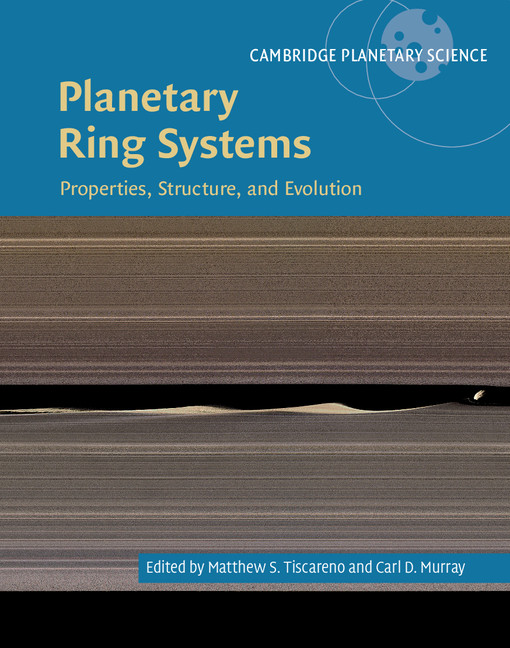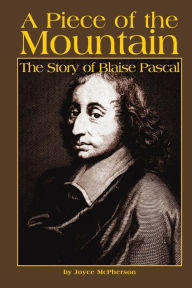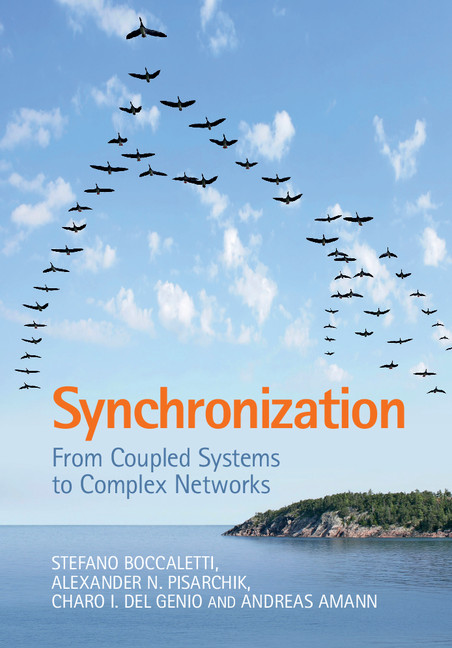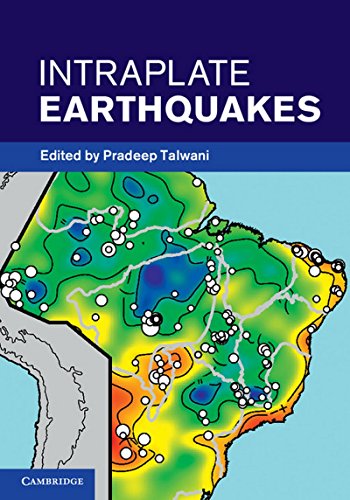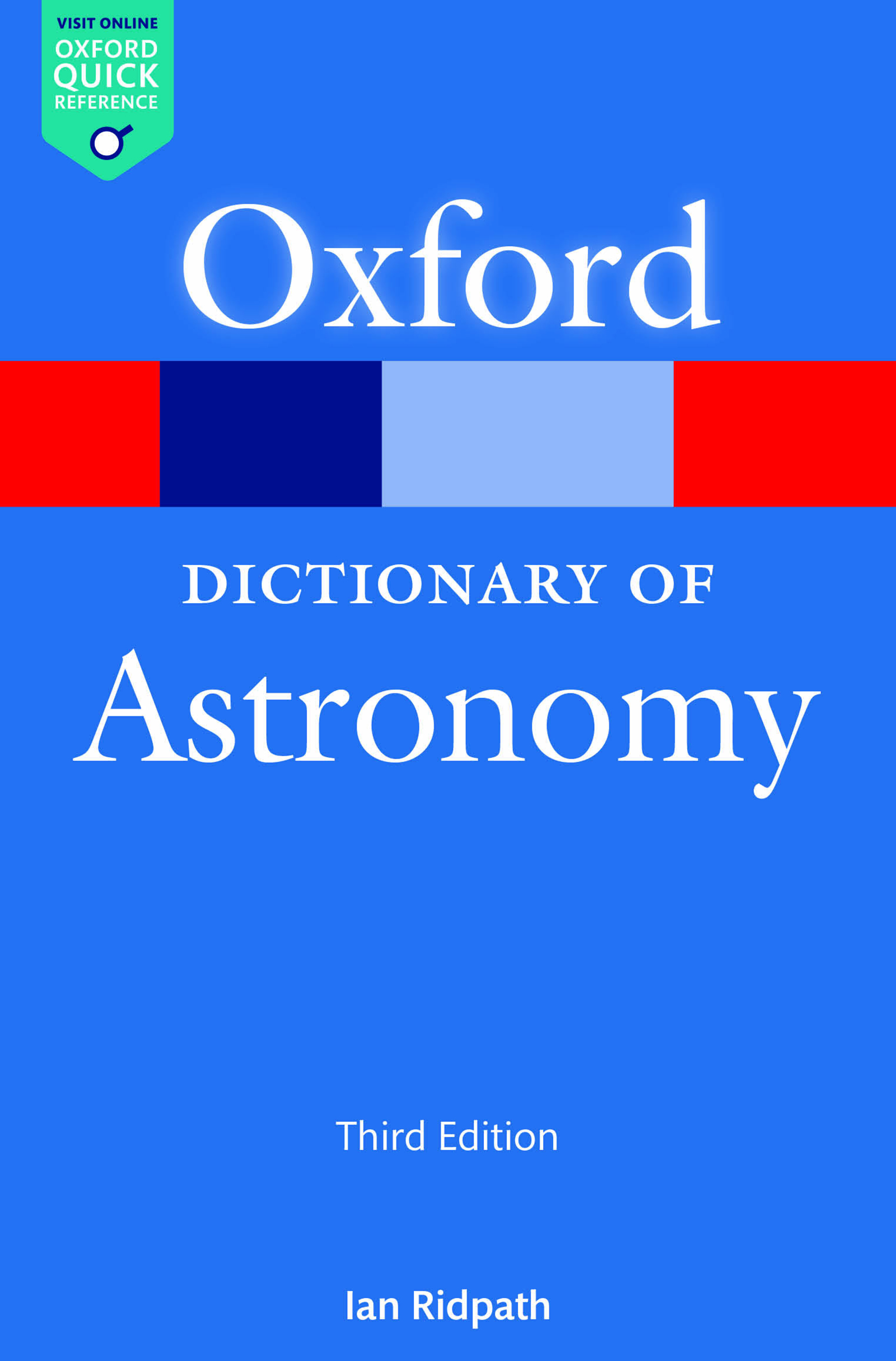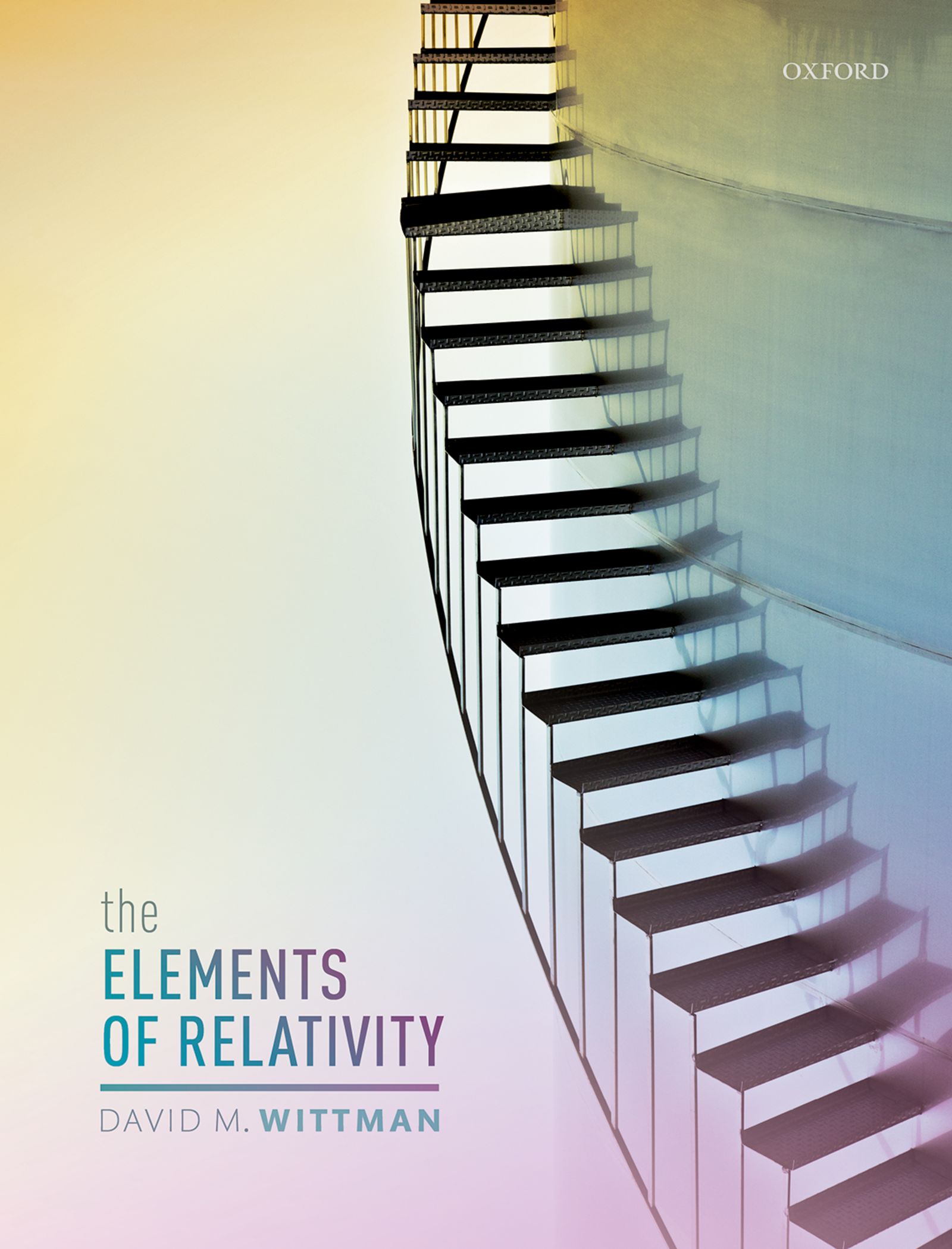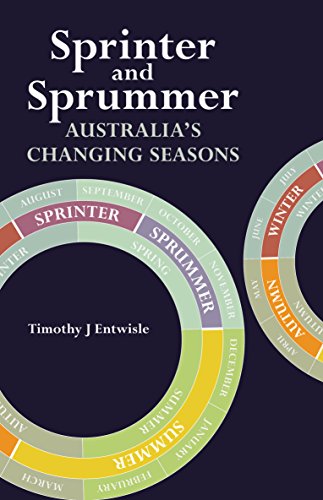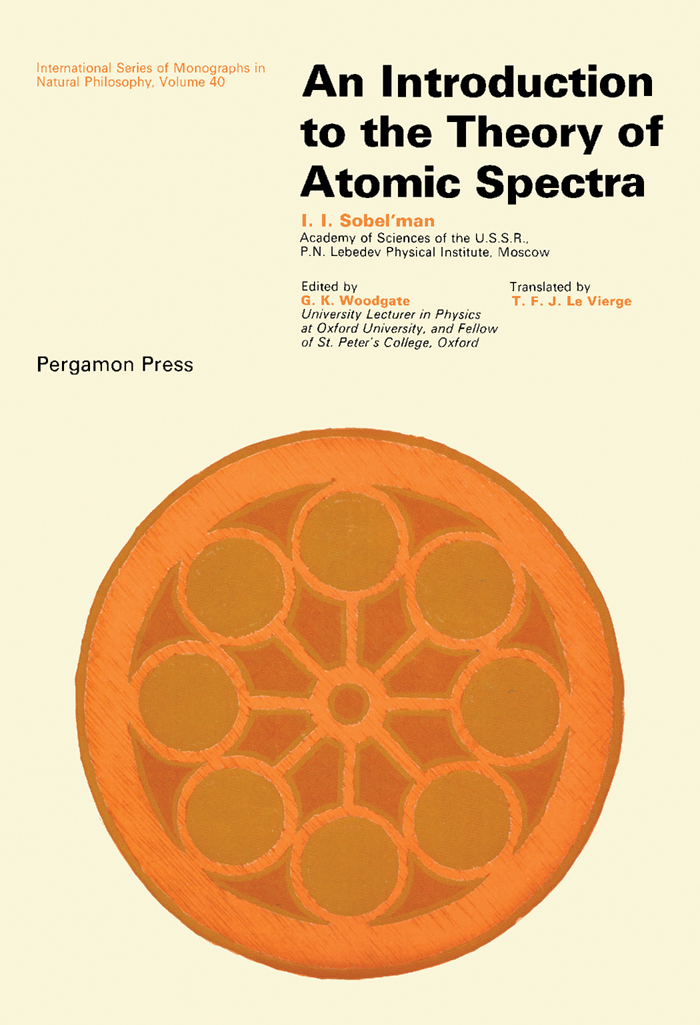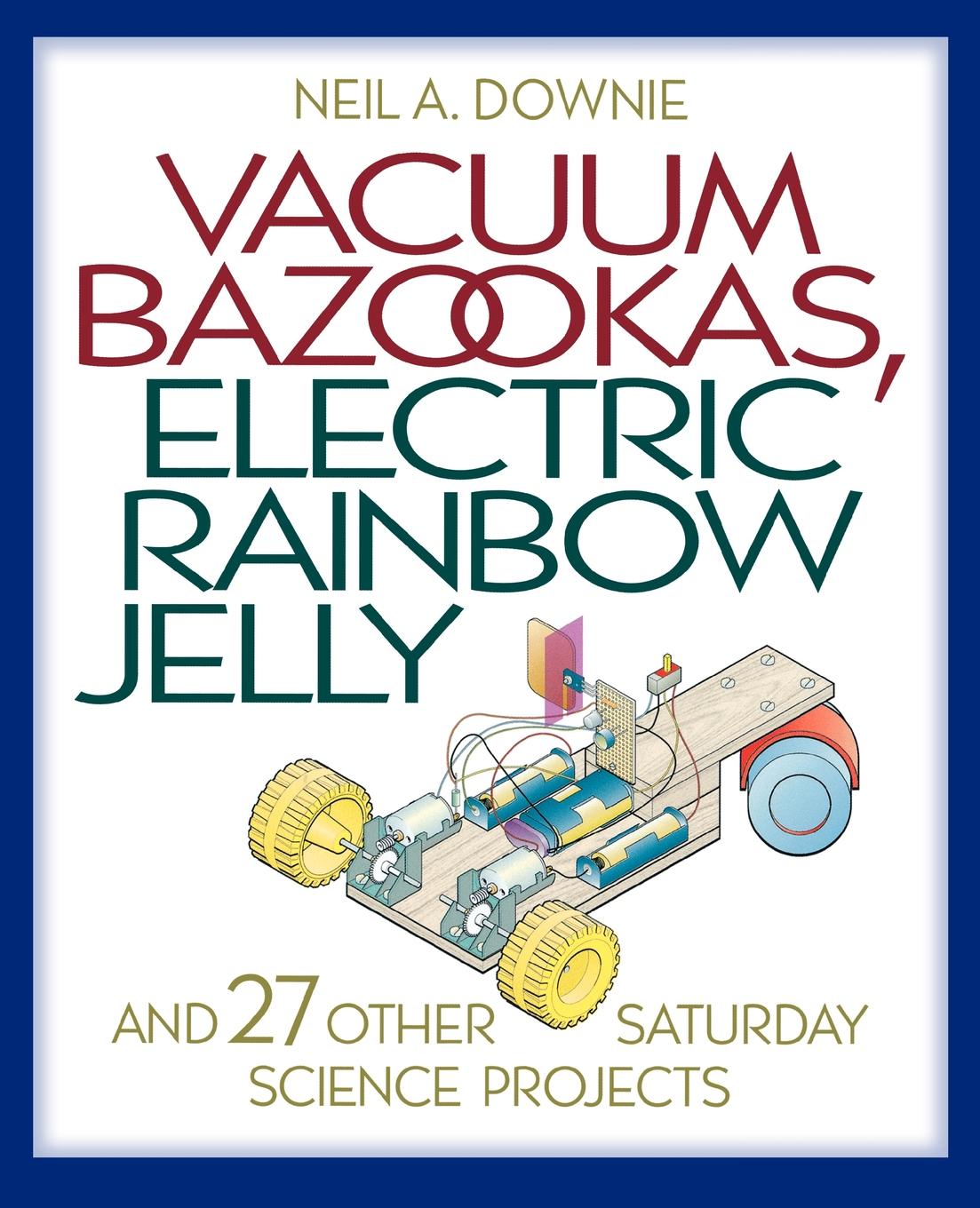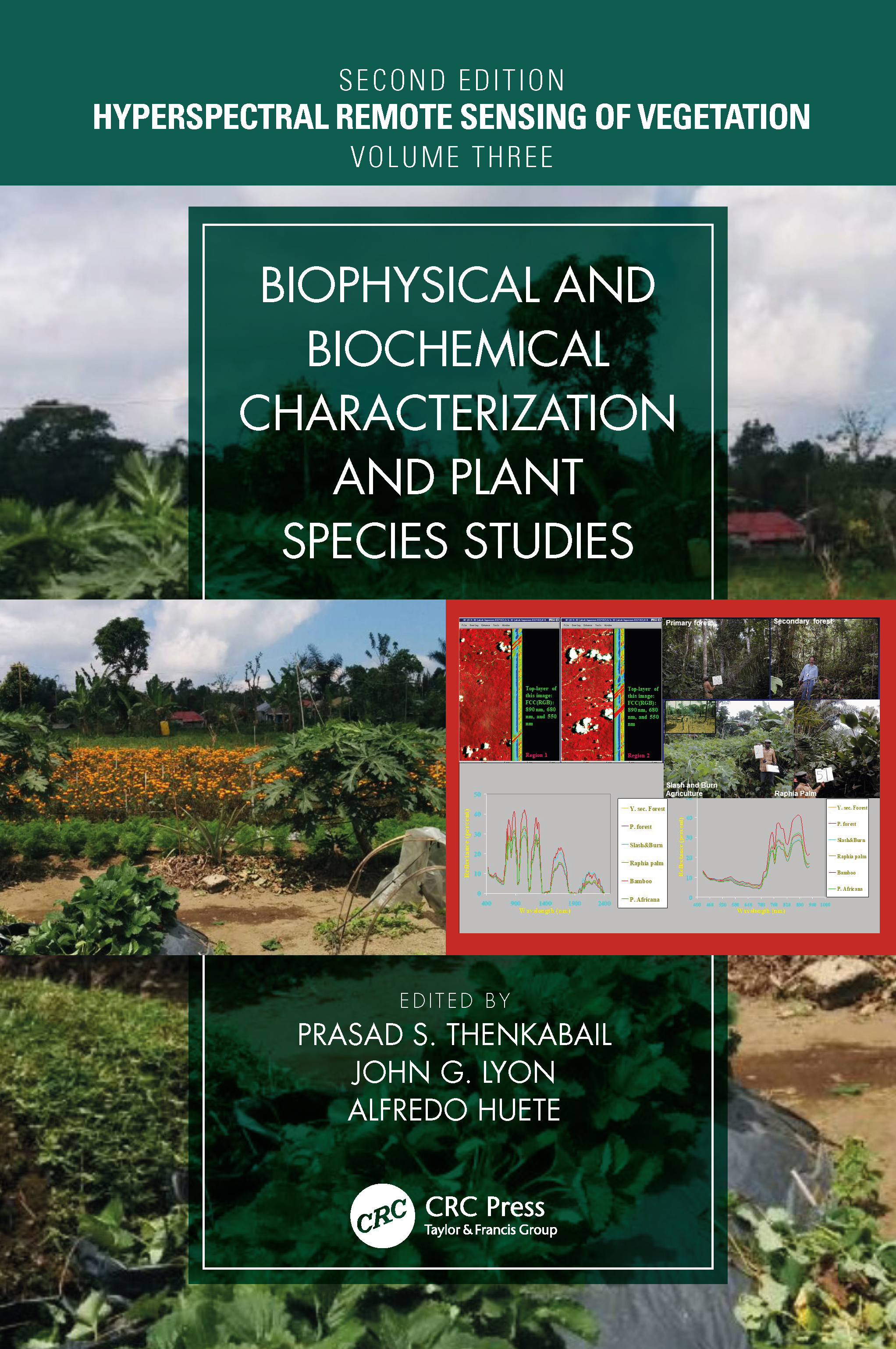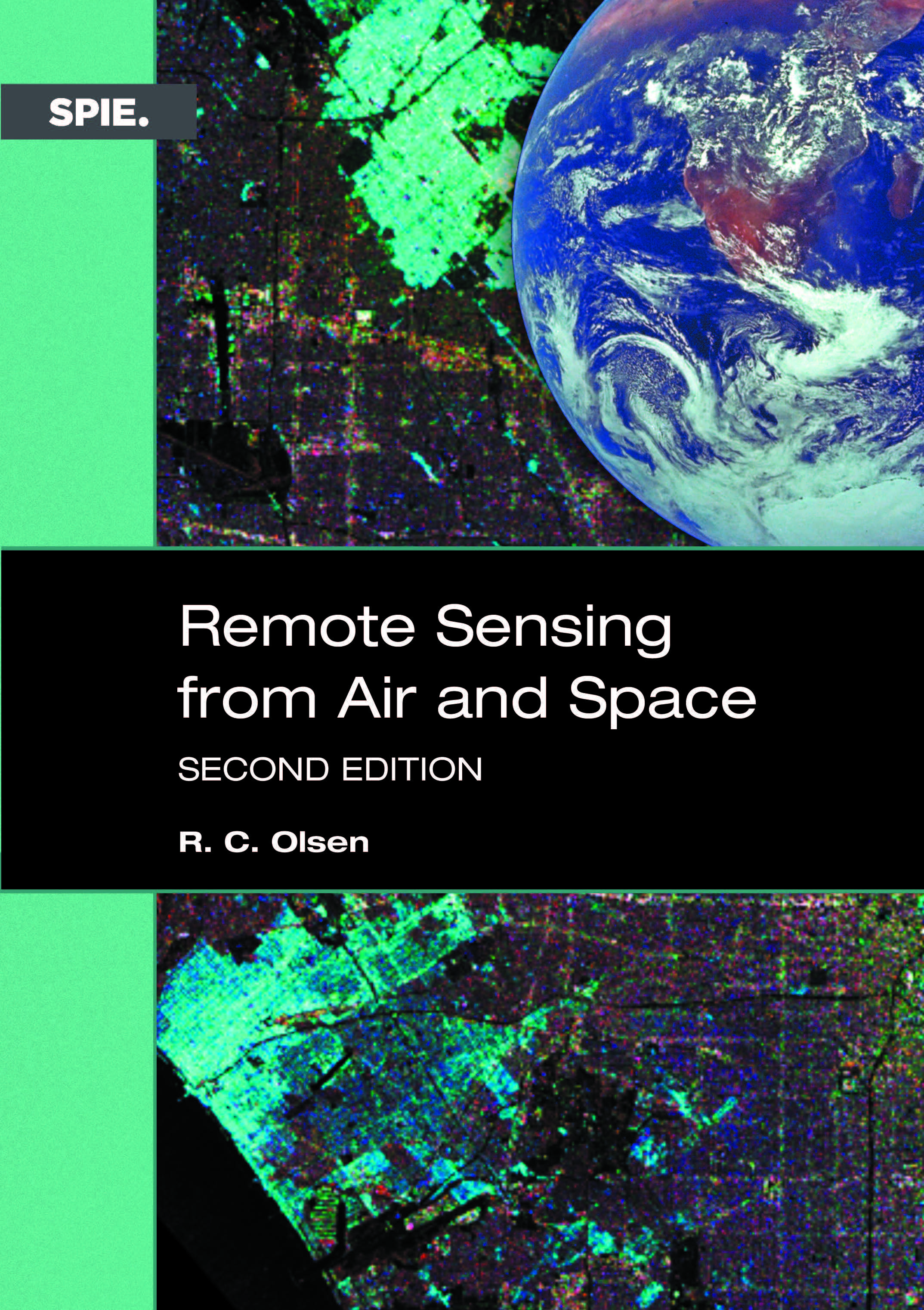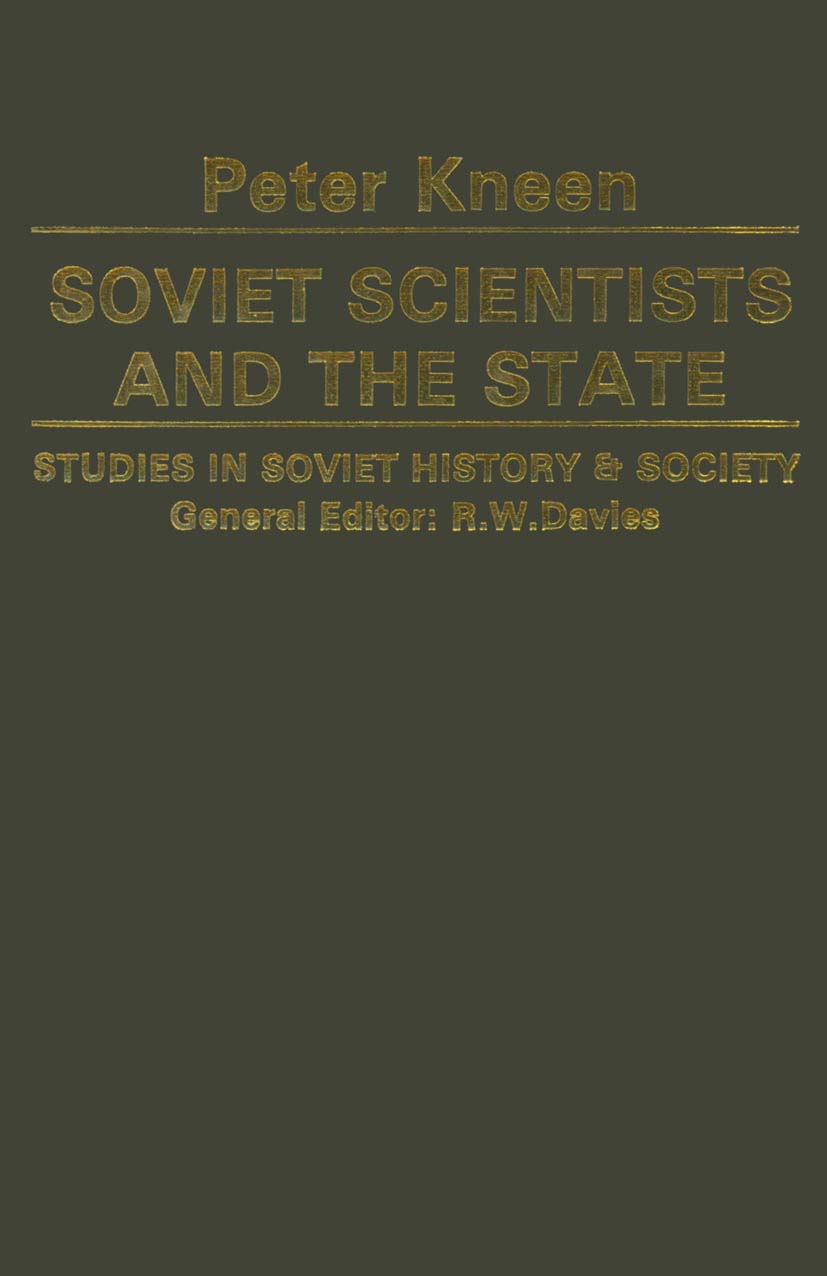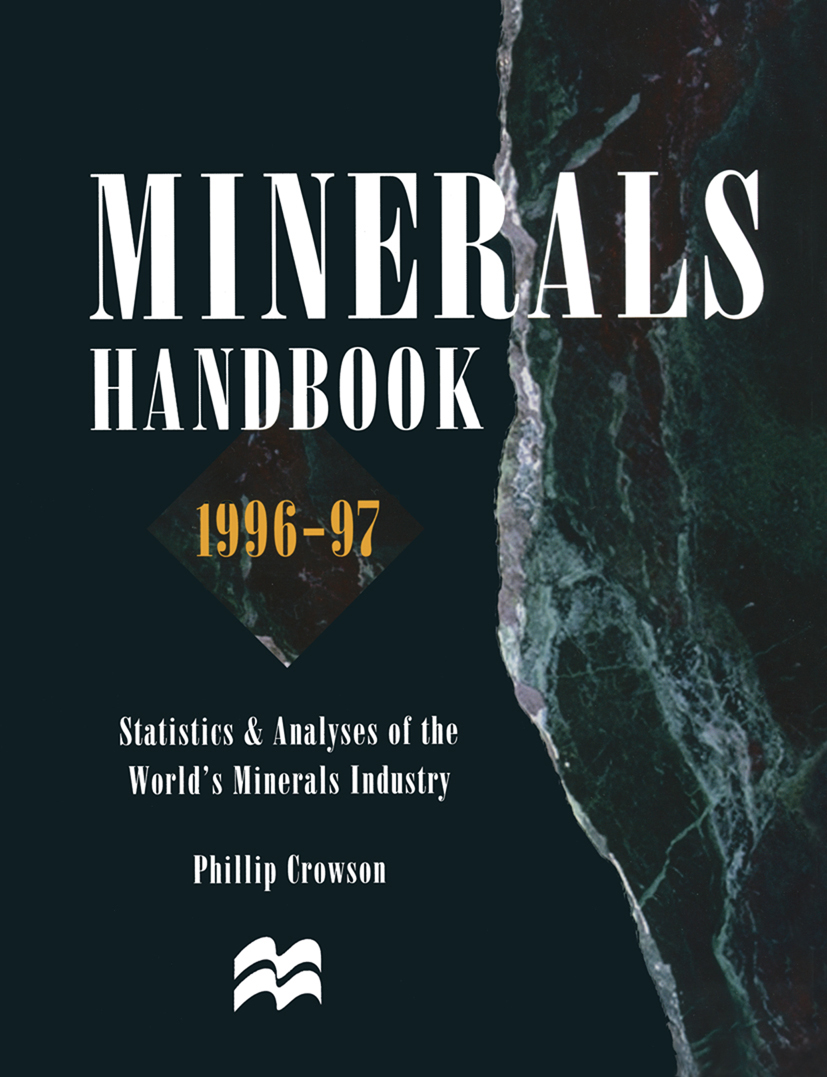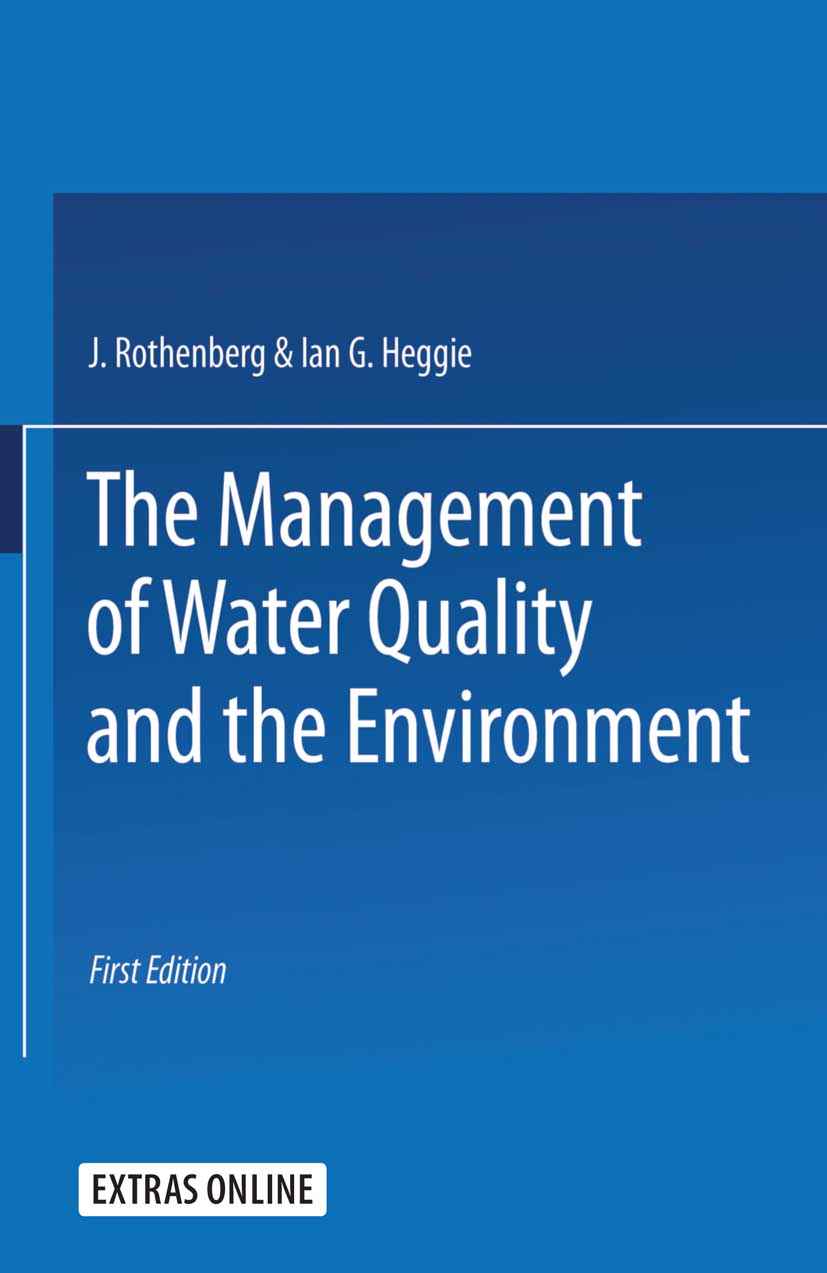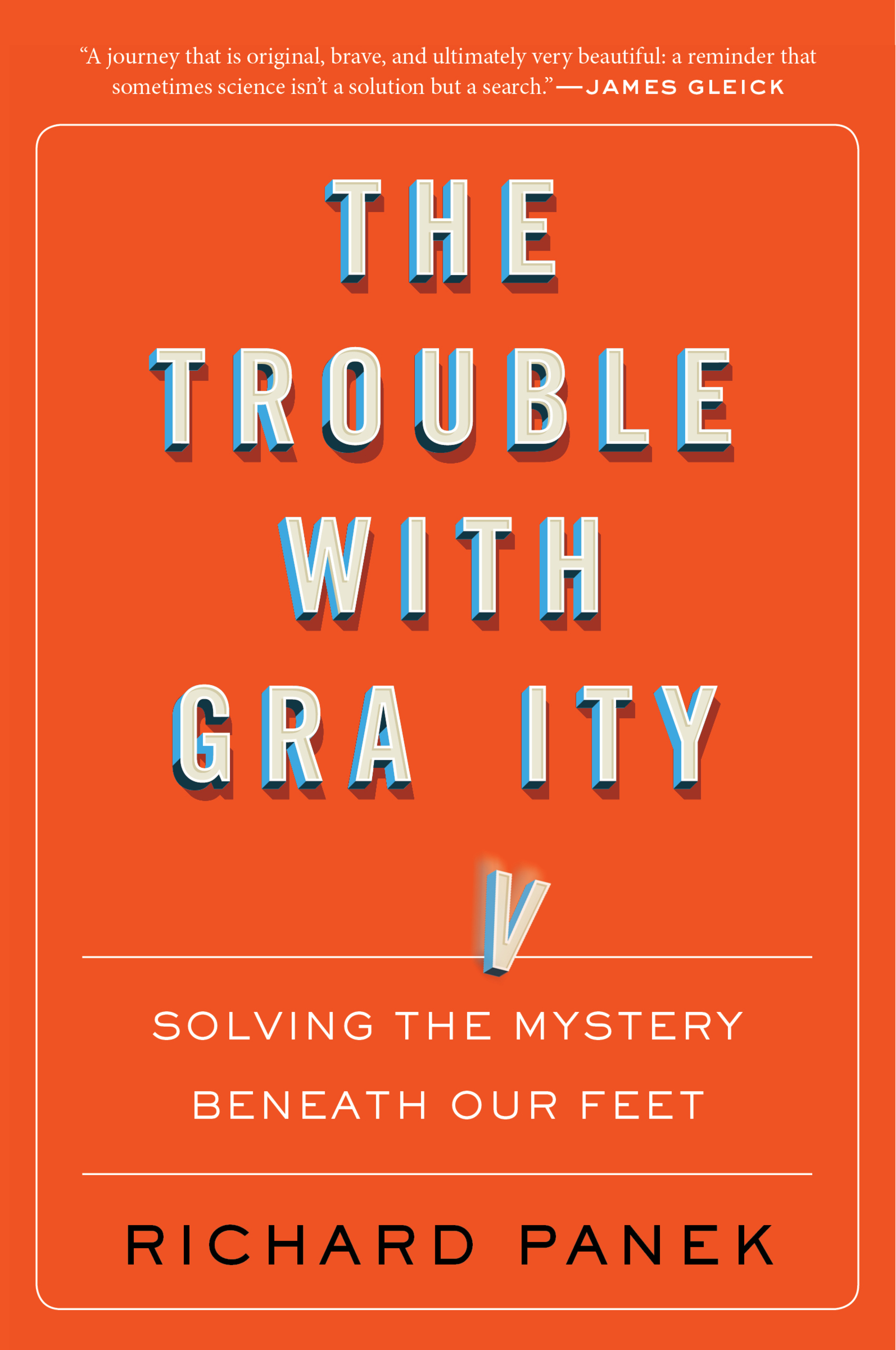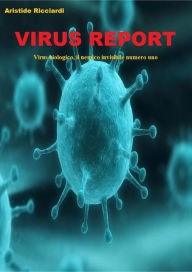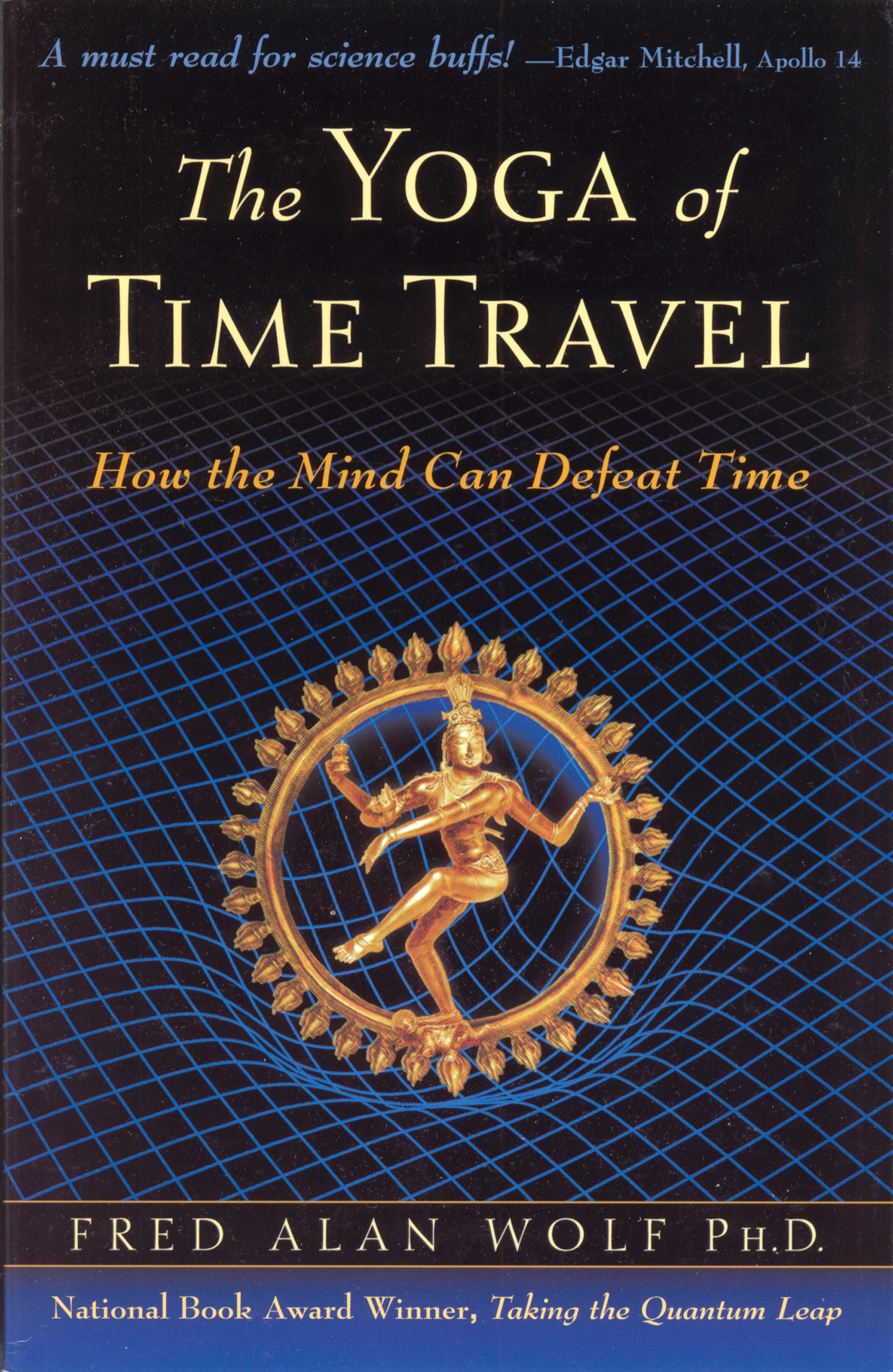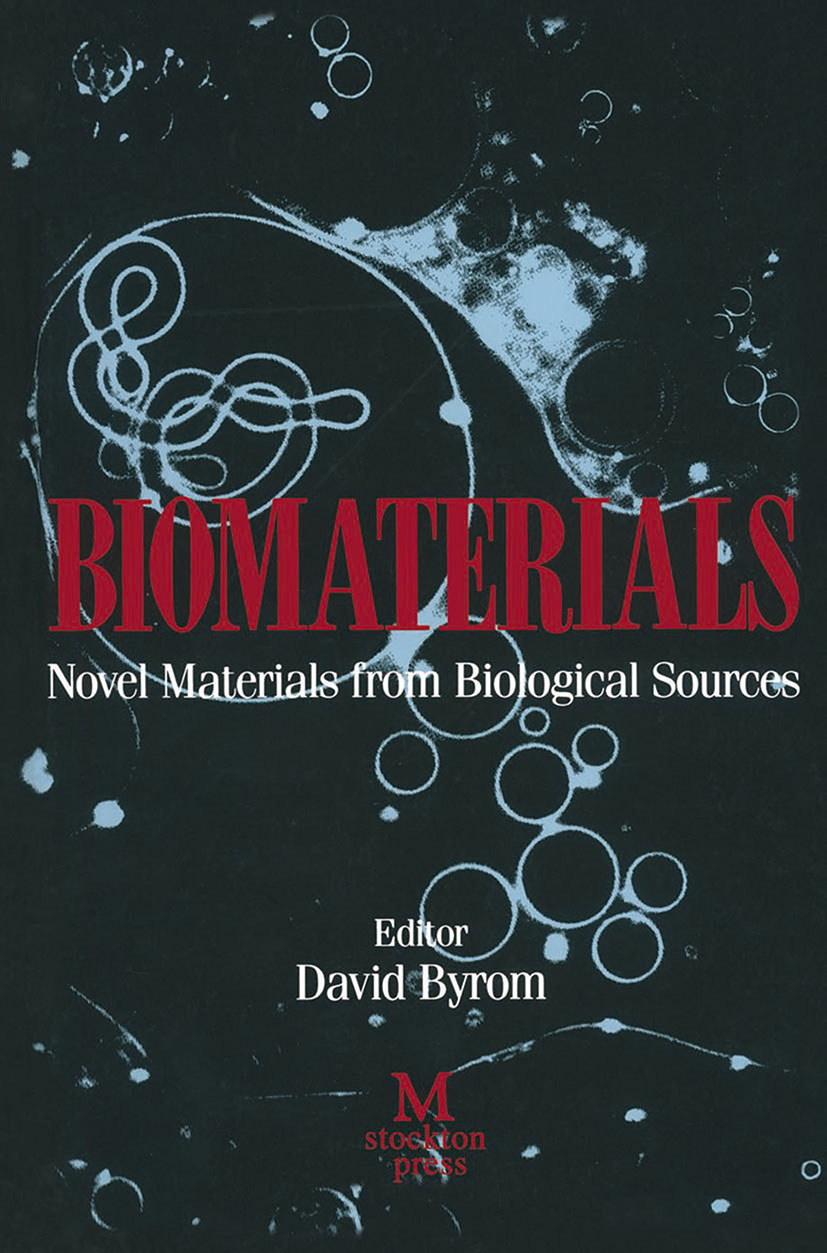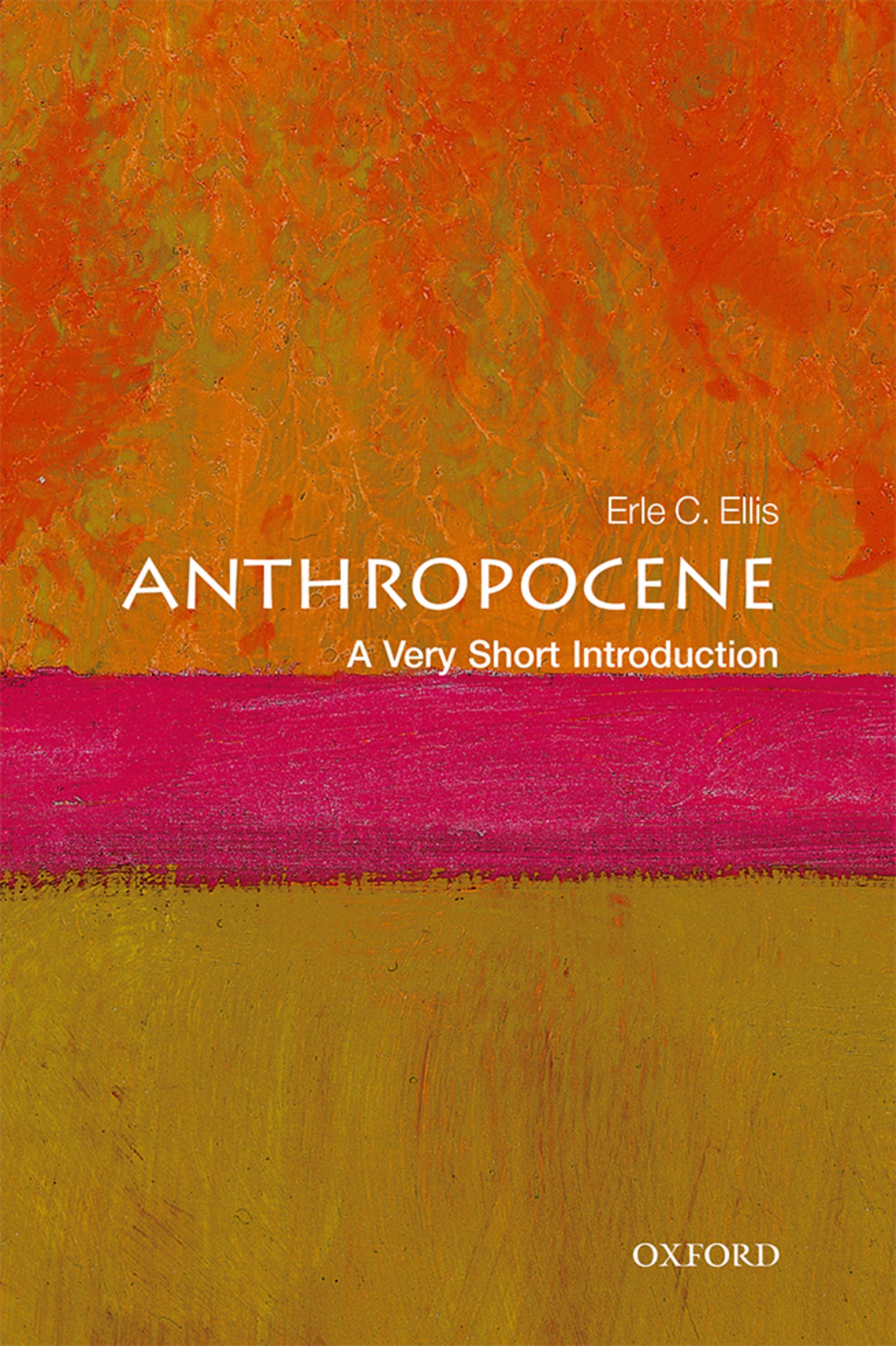Nonlinear Dynamics of Structures, Systems and Devices
Nonlinear Dynamics of Structures, Systems and Devices
This first of three volumes from the inaugural NODYCON, held at the University of Rome, in February of 2019, presents papers devoted to Nonlinear Dynamics of Structures, Systems and Devices. The collection features both well-established streams of re...
Read more
This first of three volumes from the inaugural NODYCON, held at the University of Rome, in February of 2019, presents papers devoted to Nonlinear Dynamics of Structures, Systems and Devices. The collection features both well-established streams of research as well as novel areas and emerging fields of investigation. Topics in Volume I include multi-scale dynamics: coexistence of multiple time/space scales, large system dynamics; dynamics of structures/industrial machines/equipment/facilities (e.g., cable transportation systems, suspension bridges, cranes, vehicles); nonlinear interactions: parametric vibrations with single/multi-frequency excitations, multiple external and autoparametric resonances in multi-dof systems; nonlinear system identification: parametric/nonparametric identification, data-driven identification; experimental dynamics: benchmark experiments, experimental methods, instrumentation techniques, measurements in harsh environments, experimental validation of nonlinear models; wave propagation, solitons, kinks, breathers; solution methods for pdes: Lie groups, Hirota’s method, perturbation methods, etc; nonlinear waves in media (granular materials, porous materials, materials with memory); composite structures: multi-layer, functionally graded, thermal loading; fluid/structure interaction; nonsmooth and retarded dynamics: systems with impacts, free play, stick-slip, friction hysteresis; nonlinear systems with time and/or space delays; stability of delay differential equations, differential-algebraic equations; space/time reduced-order modeling: enhanced discretization methods, center manifold reduction, nonlinear normal modes, normal forms; fractional-order systems; computational techniques: efficient algorithms, use of symbolic manipulators, integration of symbolic manipulation and numerical methods, use of parallel processors; and multibody dynamics: rigid and flexible multibody system dynamics, impact and contact mechanics, tire modeling, railroad vehicle dynamics, computational multibody dynamics.
Less


